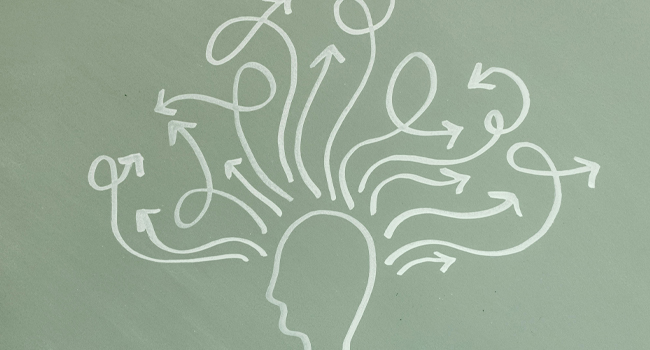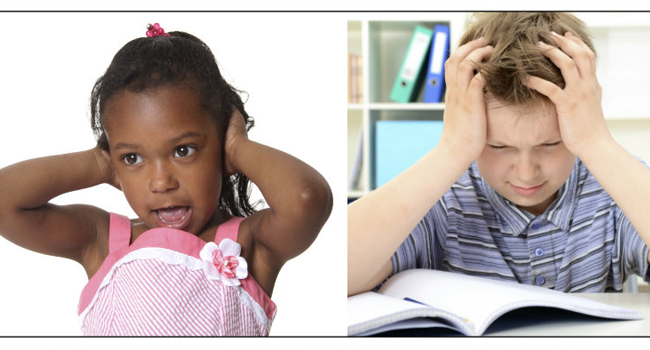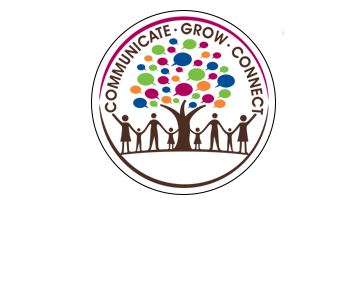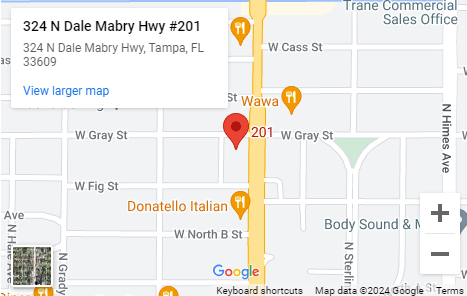occupational therapy
WE DESIGN CUSTOMIZED
occupational therapy for your child
The connection we form with your child is the foundation to their growth. We offer highly skilled speech/language and occupational therapy services with unwavering commitment and dedication to providing quality, evidence-based, results-driven treatment.
occupational therapy areas of expertise:
 All About Speech & Language Occupational Therapists are skilled at assessing and improving a variety of physical, cognitive, and sensory skills that are an important part of your child’s overall development. For the child, everyday activities include learning through play, developing independence skills, and interacting with others; occupational therapists work to help children make gains across these areas, which often positively supports speech and language development.
All About Speech & Language Occupational Therapists are skilled at assessing and improving a variety of physical, cognitive, and sensory skills that are an important part of your child’s overall development. For the child, everyday activities include learning through play, developing independence skills, and interacting with others; occupational therapists work to help children make gains across these areas, which often positively supports speech and language development.

What is Attention Deficit Hyperactivity Disorder (ADHD)?
- ADHD is a neurobehavioral disorder primarily diagnosed in childhood, often persisting into adulthood.
- It is divided into inattention, hyperactivity-impulsivity, and combined types, often accompanied by language and auditory-processing difficulties.
- Students with ADHD may exhibit difficulty focusing, frequent fidgeting, impulsive behaviors, and challenges following instructions.
How can our Occupational Therapists help?
- Our Occupational Therapists can help by creating strategies to improve focus, manage impulsive behaviors, and support executive functioning skills, enabling better classroom participation and task completion.

What is Autism Spectrum Disorder (ASD)?
- Autism Spectrum Disorder is an umbrella diagnosis for complex brain development disorders like Autism, Asperger syndrome, Rett syndrome, and more.
- Diagnosis is based on impaired social interaction, communication disturbances, and stereotypic behavior patterns.
- Children may show delayed speech development, repetitive language use, lack of eye contact, and sensitivity to sensory stimuli.
ow can our Occupational Therapists help?
- Our Occupational Therapists can help by providing sensory integration therapy, social skills training, and communication strategies to enhance social interaction and daily functioning.

What is Cerebral Palsy (CP)?
- Cerebral Palsy is a neurological disorder affecting movement, muscle tone, and posture due to brain damage.
- It can impact motor function, coordination, fine motor skills, social interaction, and participation in daily activities.
How can our Occupational Therapists help?
- Our Occupational Therapists can help by enhancing motor skills, using adaptive equipment, and providing task-specific training to improve daily activities like dressing and writing.

What are Delayed Milestones?
- Delayed milestones refer to delays in achieving developmental benchmarks like gross motor skills, fine motor skills, and communication abilities.
- These delays may affect a child’s ability to crawl, walk, grasp objects, speak, or engage in social interactions.
How can our Occupational Therapists help?
- Our Occupational Therapists can help by offering early intervention services, including tailored therapy plans to support the child’s overall development in various domains.

What is Emotional Regulation?
- Emotional regulation is the ability to react appropriately in social situations and activities.
- Children with difficulty in this area may have exaggerated reactions to small problems, limiting their ability to engage with peers.
How can our Occupational Therapists help?
- Our Occupational Therapists can help by creating individualized plans that provide strategies to manage emotions and improve social interactions.

What is Executive Functioning?
- Executive functioning includes cognitive skills like planning, organizing, problem-solving, and time management.
- Difficulties in executive functioning can affect daily routines, task completion, and social interactions.
How can our Occupational Therapists help?
- Our Occupational Therapists can help by targeting these skills, offering techniques to improve independence in daily routines, school/work tasks, and social interactions.

What is Feeding Therapy?
- Feeding therapy addresses feeding skills and abilities, focusing on children with sensory-based feeding aversions.
- Therapy includes techniques like desensitization to reduce sensitivity to food properties and increase acceptance of new foods.
How can our Occupational Therapists help?
- Our Occupational Therapists can help by providing personalized feeding therapy sessions to gradually expand the variety of foods a child accepts and improve their overall mealtime experience.

What is Handwriting?
- Handwriting involves the coordination of fine motor skills, including hand movements, finger dexterity, and hand-eye coordination.
- OTs address grip strength, pencil grasp, letter formation, spacing, and line alignment to improve handwriting skills.
How can our Occupational Therapists help?
- Our Occupational Therapists can help by using therapeutic exercises and activities to strengthen hand muscles, improve hand-eye coordination, and enhance overall handwriting ability.

What are Hygiene and Activities of Daily Living (ADLs)?
- ADLs include essential daily tasks like bathing, grooming, feeding, dressing, and toileting.
- Difficulties in ADLs can impact a child’s ability to perform these tasks independently.
- Our Occupational Therapists can help by providing strategies and tools tailored to each child’s unique needs, fostering independence in daily routines and hygiene tasks.

What is the Interactive Metronome (IM) Program?
- The Interactive Metronome is a visual-auditory program that coordinates “neural timing” to improve focus, attention, processing, and motor coordination.
- It is used with individuals with various disorders and to enhance cognitive and athletic performance.
How can our Occupational Therapists help?
- Our Occupational Therapists can help by incorporating the Interactive Metronome program into therapy to improve focus, coordination, and overall cognitive performance.

What is Sensory Processing Disorder (SPD)?
- SPD refers to difficulties in receiving, interpreting, and responding to sensory information from the environment.
- Hypersensitivities include intense reactions to noise, light, touch, or certain textures, while hyposensitivities involve seeking sensory input, clumsiness, or difficulty sitting still.
How can our Occupational Therapists help?
- Our Occupational Therapists can help by offering sensory integrative therapy, tailored to improve how a child processes sensory input and engages in daily activities.

What is Reflex Integration?
- Primitive reflexes are involuntary movement patterns present at birth, usually integrated into mature movements by age 12 months.
- Unintegrated reflexes can interfere with balance, coordination, and fluid movement patterns.
How can our Occupational Therapists help?
- Our Occupational Therapists can help by using specific techniques to integrate retained primitive reflexes, promoting better balance, coordination, and movement patterns.

What are Visual Motor Skills?
- Visual motor skills involve the integration of visual acuity, perception, and motor coordination.
- These skills are essential for tasks like writing, sorting shapes, completing puzzles, and sports activities.
How can our Occupational Therapists help?
- Our Occupational Therapists can help by providing targeted activities and exercises to improve visual motor integration, enhancing the child’s ability to perform various tasks.
we also offer
Additional Therapy Services
All About Speech & Language (AASL) offers treatment for speech-language and occupational therapy. We also cover a variety of disorder areas, abilities, and skills from childhood through adulthood. Additional therapies include:




